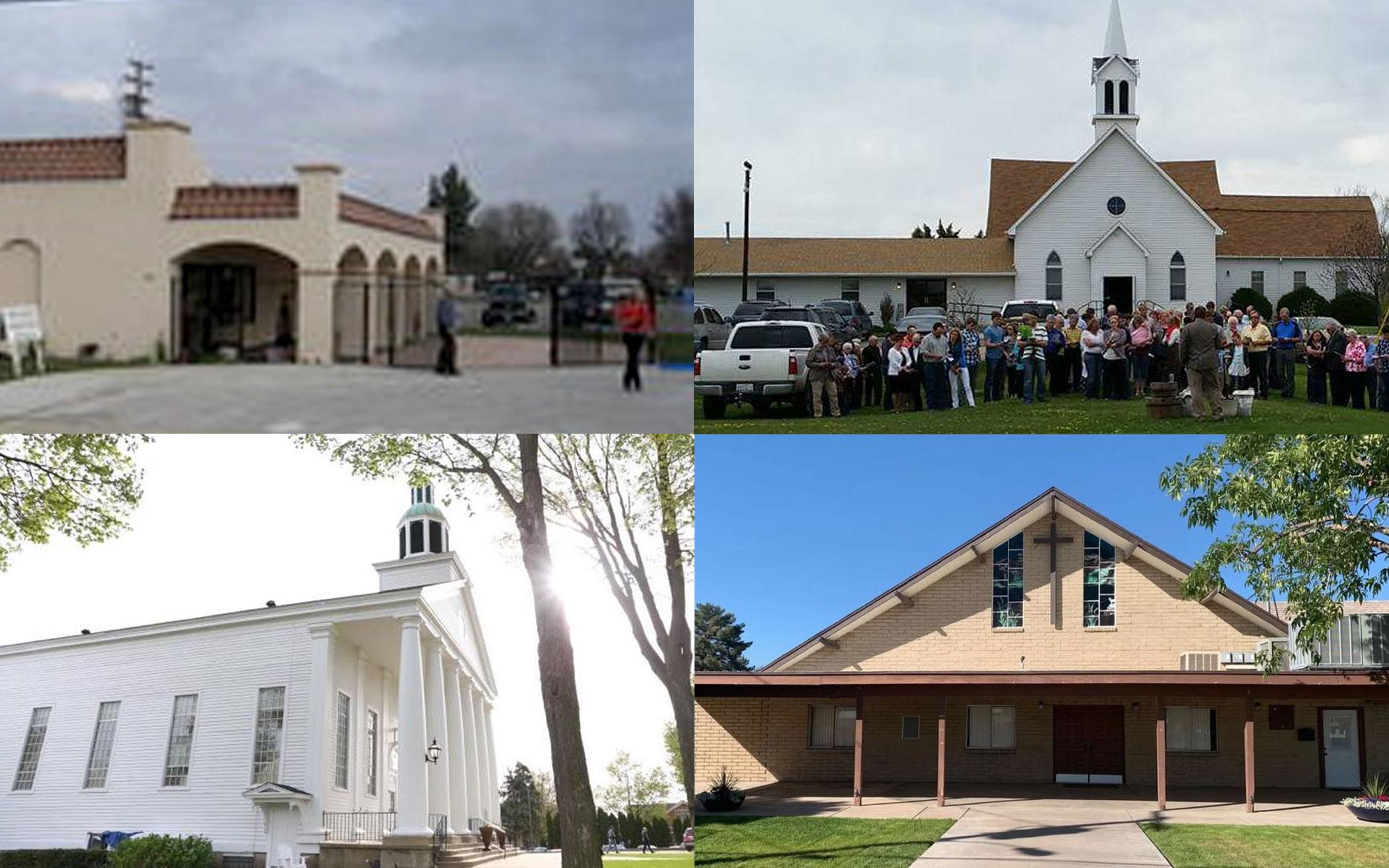The Reformed Church in America’s October General Synod voted on two significant recommendations that have RCA congregations, including those with a dual affiliation with the Christian Reformed Church, considering what to do next.
Three recommendations came to the General Synod from the Vision 2020 report, a study requested by the RCA in 2018 to chart a way forward for the denomination at an impasse over same-sex marriage and other theological differences.
- Remove global missions from the RCA and create a stand-alone nonprofit. This was voted down.
- Allow for a gracious separation for those churches who choose to leave the RCA. This passed and will be in effect until 2026. Within that window, churches may choose to disaffiliate and can leave with their property and other assets, provided they have followed the process in the Book of Church Order, and they are asked to pay one year of assessments.
- Establish a team to develop a plan to restructure the denomination, considering the possibility of affinity classes. This passed. The General Synod Council will now appoint a team of 10-15 people who will prepare a restructuring report for 2024.
While not recommending the particulars of a new structure, writers of the Vision 2020 report suggested that “the best chance for success will include” churches being able to choose their classis, aligned “around shared values, understanding, and practices” rather than geography.
What affinity means and how it applies to this situation was a question that was brought up at the General Synod, said Jon Brown, one of the pastors at the dually affiliated Pillar Church in Holland, Mich. Affinity classes will be explored as the task force develops a restructuring plan. One of the main issues is the understanding of human sexuality and the definition of marriage.
Some churches, anticipating the possibility of grouping churches by affinity on the question of same-sex marriage, have decided that remaining in fellowship with classes that see this issue differently would be the same as endorsement. Several have already disaffiliated ahead of the October General Synod and formed new organizations, encouraging others to follow. Two such groups are the Alliance of Reformed Churches, launched in May 2021, and the Kingdom Network, launched in September. (See “Former RCA Churches in Illinois, Indiana Launch ‘Kingdom Network’,” Oct. 1, 2021.)
Some congregations considering their place in the RCA are also affiliated with the CRC. There are nine such churches that the CRC officially recognizes (Church Order, article 38 g or h). David Moorhead, pastor of the bilingual (Spanish and English) New Hope Community Church of Shafter (Calif.), said his church will disaffiliate from the RCA and intends to go to ARC. “We don’t intend to leave the CRC,” Moorhead said. New Hope’s CRC affiliation is with the Central California classis.
Two previously dually affiliated congregations that have left the RCA and are founding member congregations of the Kingdom Network have petitioned their CRC classes to consider recognition of their new affiliation. The classes are considering the requests in consultation with the CRC’s Ecumenical and Interfaith Relations Committee. “There is much that is still yet unknown about the form and governance function of these new networks. If they do become denominational entities, then certainly the EIRC will entertain a recommendation to affiliate. If they are simply church associations, then a different collaborative posture may be called for,” Colin Watson Sr., executive director of the CRCNA, said. “But, in every case, churches so impacted remain CRCNA churches.”
Gary Maas is a CRC commissioned pastor in Classis Iakota and pastors Harrison (S.D.) Community Church (belonging to both the CRC and RCA), and Grandview Reformed Church (RCA) in Armour, S.D. Maas said the RCA Classis Dakota is urging its member churches to join ARC, but his congregations are taking a wait-and-see approach. “I have not pushed that,” Maas said. “I’d like to see all that we do be unified.”
Fred Bates, one of two pastors at Orangewood Community Church in Phoenix, Ariz., said being an RCA commissioned pastor at a church in a CRC facility is like having a foot in both worlds. He said it’s been “refreshing to see the two denominations working together.” Orangewood hosted its first public worship service just 16 months ago. Bates would like to learn how ARC and the Kingdom Network align themselves before he’d recommend leaving. “If our (Southwest) Classis is sustainable, if enough churches stay within the denomination, I would like to (continue to) hold dual affiliation (with the RCA and CRC). If it’s not, then we will stay with the CRC affiliation,” Bates said.
The congregation of Pillar Church, in Holland, Mich., is committed to reconciling divisions, raising up leaders, redeeming the city, and renewing the church. Pastor Brown said that because of these commitments, Pillar “wants to stay in the process (with the RCA) as a reconciling presence.”
The debate over the Vision 2020 report, and classes’ interactions over human sexuality leading up to that, has been tense, but Brown noted the graciousness with which people communicated at the General Synod. “People honored each other. There was tension and passion, but it was a generous conversation.” This is important not only to those within the church, but to those to whom Christians hope to be a witness. “We are offering a witness to the watching world,” Brown said.
About the Author
Callie Feyen is a writer living in Ann Arbor, Mich. She attends First Presbyterian Church of Ann Arbor. Callie writes news for The Banner and contributes to Coffee+Crumbs, and T.S. Poetry Press. She holds an MFA in Creative Writing and is the author of The Teacher Diaries: Romeo and Juliet, and Twirl: My Life in Stories, Writing, & Clothes.








